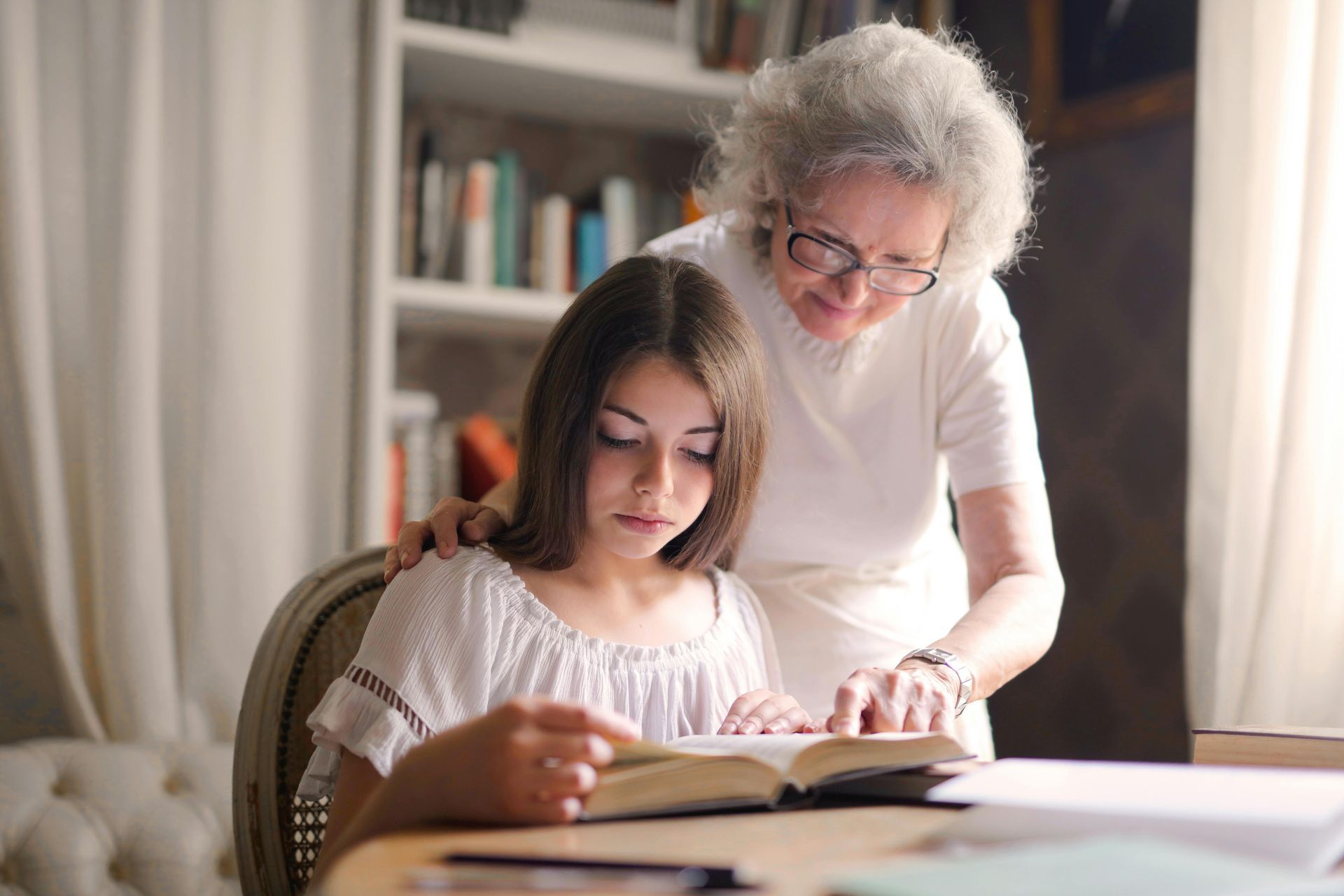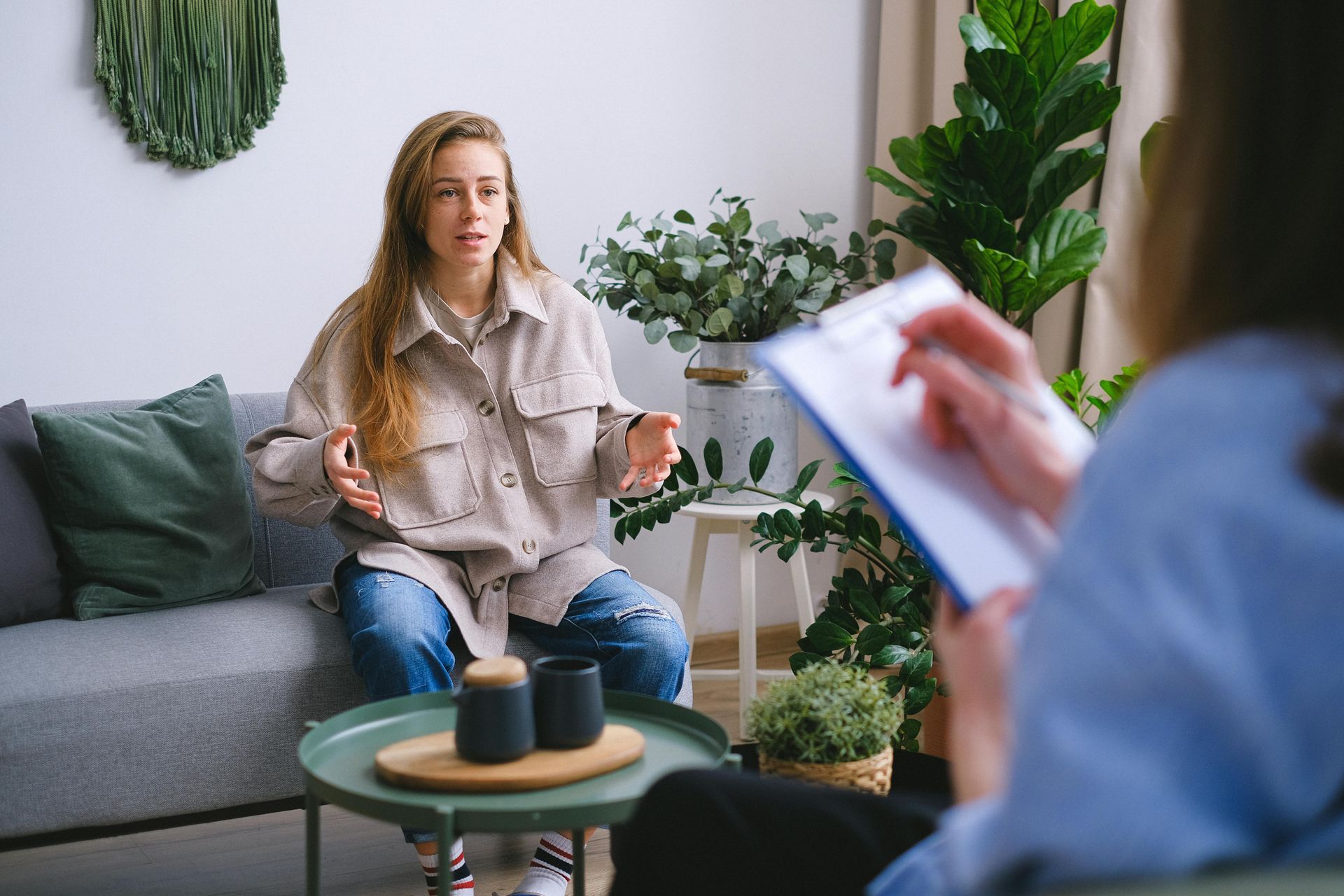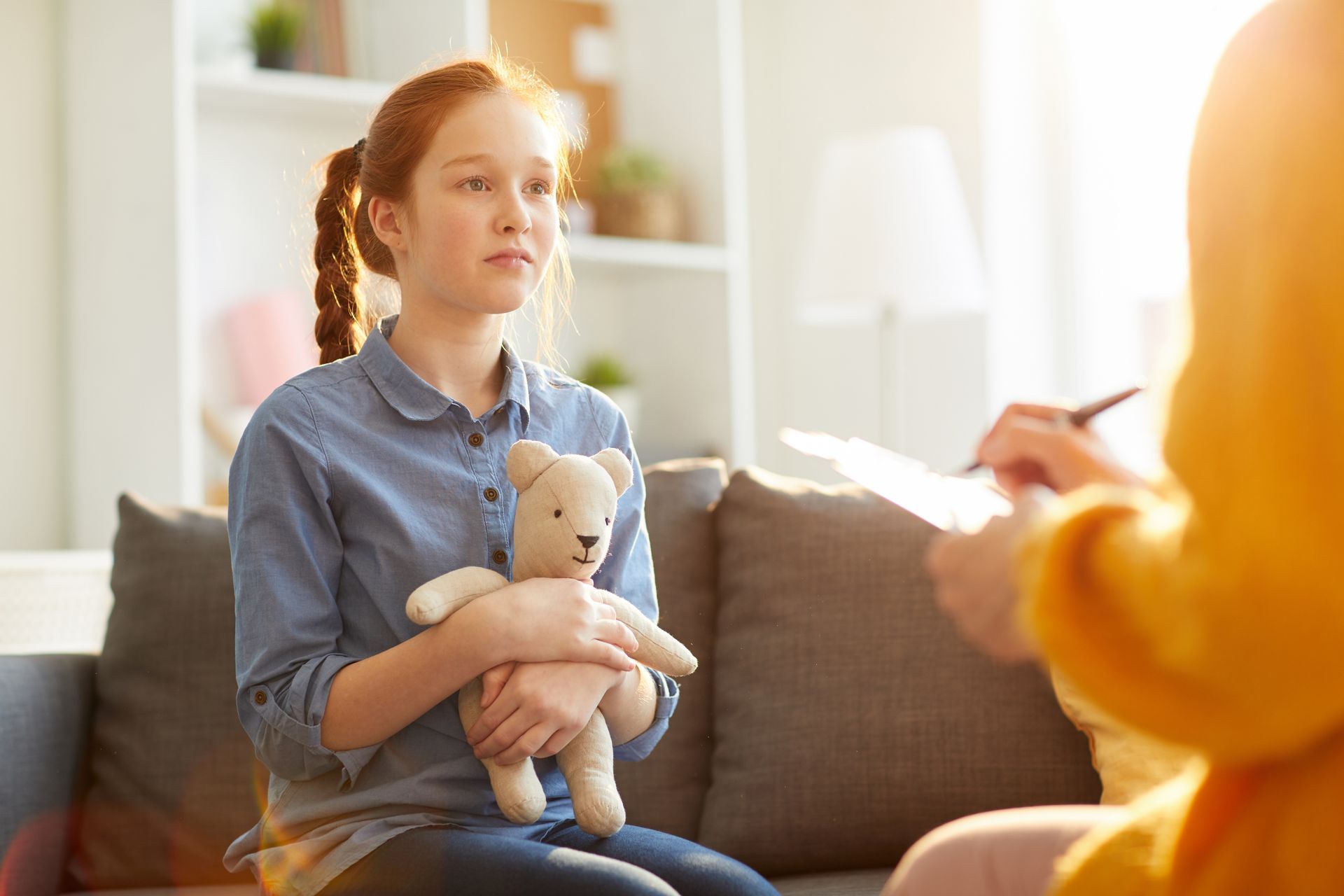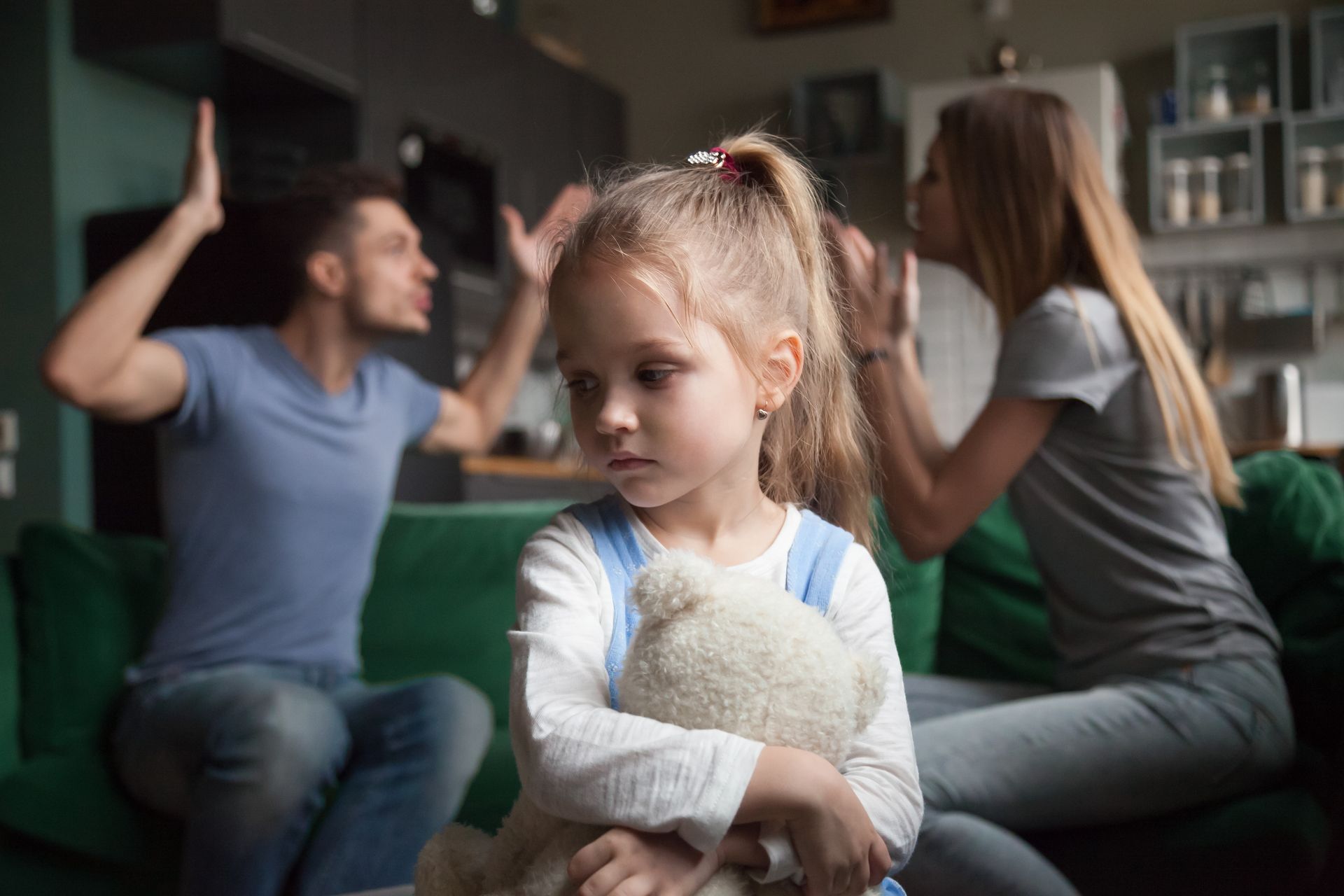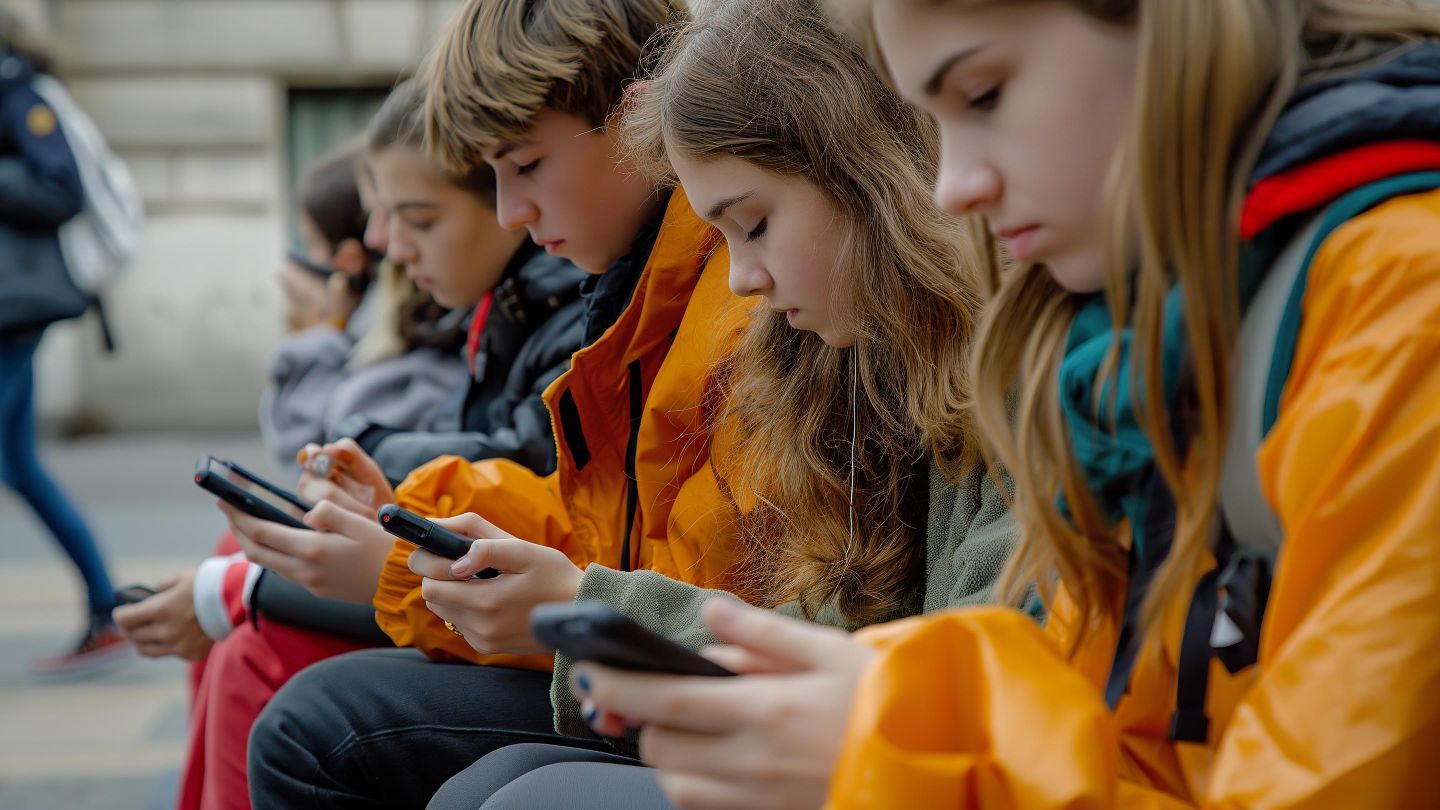- About Us
- Events
- Resources
- COVID-19
- Federal Government Resources
- State Government Resources
- County Government Resources
- Non-Government Resources
- San Fernando Valley Therapists
- COVID-19 Resources
- Resources for Spanish Speakers
- Caregiver Resources
- Support Groups
- Children's Teen Mental Health Resources
- Children's Mental Health Resources
- Videos
- Partnerships
- Blog
- Contact Us
- Donate
The Role of Community Support in Mental Health Recovery
The Role of Community Support in Mental Health Recovery

Mental health recovery is often a solitary and trying ordeal. Yet with caring people around you, getting better is much more manageable. In this article, we'll examine the role that social and community support play in mental health rehabilitation, as well as the benefits that result for the individual.
Provides a sense of belonging and acceptance
When a person is struggling mentally, they may feel alone and cut off from society. Because of the stigma and misunderstanding surrounding their illness, people may feel isolated and alone.
The effects of loneliness and isolation may be mitigated via participation in a mutually beneficial group. Research has indicated that having a strong social network may aid in the healing process for mental health problems.
People's sense of self-worth and confidence may be boosted in a community that is tolerant and does not pass judgment on them because of their mental health issues. When individuals feel like they belong, they have a more positive view of themselves, and are more inclined to take steps toward better mental health and recovery, including going to therapy and taking care of themselves.
Encourages social interaction and reduces isolation
Isolation and loneliness are symptoms of mental illness that may grow over time and make it harder to get well. This is particularly true for those who have had trouble
connecting with others due to trauma, despair, or anxiety.
Being a member of a caring group lowers inhibitions and opens doors to genuine relationships. Group activities, volunteer work, or even just talking to others who have gone through something similar may all help. People's emotional well-being improves when they have more opportunities to interact with others, while social isolation may have a similar effect.
Moreover, community support offers responsibility and inspiration during the healing process. People are more likely to follow their treatment programs and take actions to control their symptoms when they have social support.
Offers emotional support and understanding
Community support can offer emotional understanding and support, which is essential when facing mental health challenges. People may feel weighed down by their struggles, especially if they lack understanding from family or friends.
A supportive community serves as a safe space for individuals to express their feelings without fear of judgment or stigma. This helps them feel seen and heard, offering validation and understanding that can be therapeutic.
Additionally, community support can provide practical advice, coping strategies, and resources. Sharing experiences with others can lead to valuable insights and tips on managing symptoms or tackling difficult situations.
The Bottom Line
The road to mental health recovery can be isolating and challenging. A strong support system is crucial for promoting resilience, developing coping strategies, and enhancing overall well-being. Community support plays a significant role in mental health recovery by fostering belonging and acceptance, encouraging social interaction, and offering emotional support and understanding.



Mailing Address
FundaMental Change
c/o Kaufman Legal Group
777 S. Figueroa Ave
Ste #4050
Los Angeles, CA 90017
All Rights Reserved | FundaMental Change



